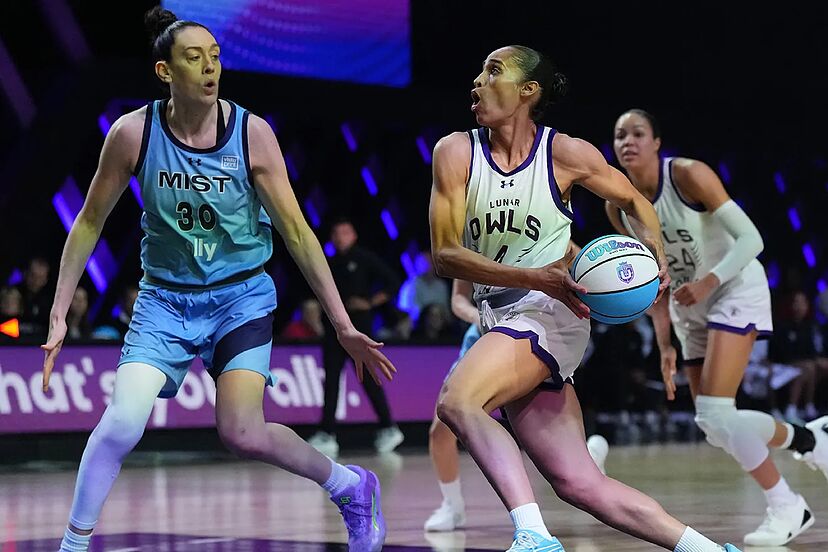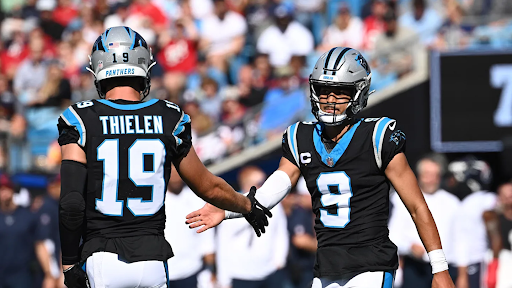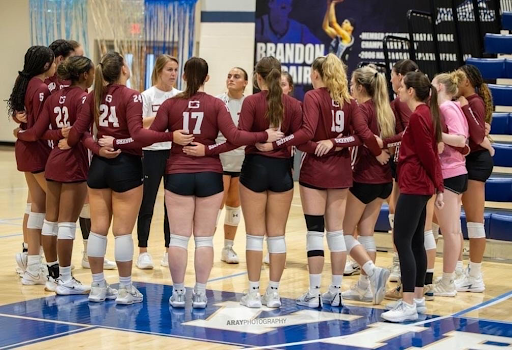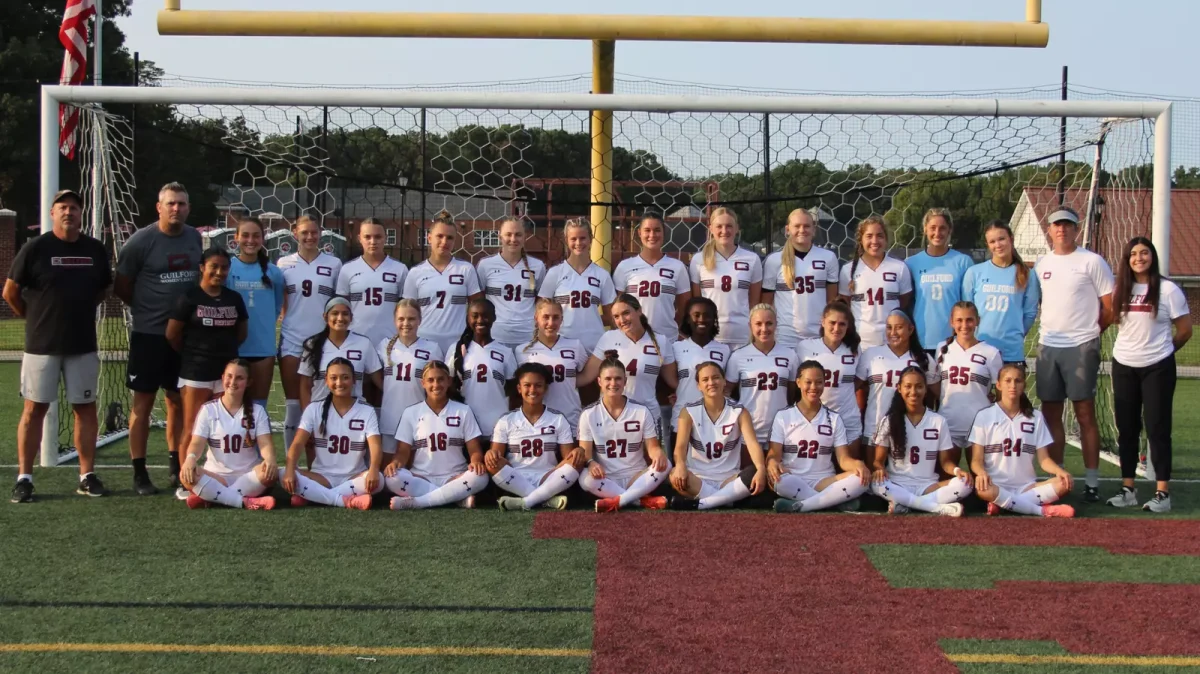Honor codes emblazon plaques and signs on campus buildings across the country. These codes seek to ensure that all attendees work hard for an honest education. However, often times students, teachers and academic departments can fall through the cracks.
On Oct. 16, the Cadwalader law firm released a report investigating alleged academic integrity breaches in the African and African American and Diaspora Studies department at UNC Chapel Hill.
The report detailed how Deborah Crowder, a student services manager, worked with curriculum chair Julius Nyang’oro and other unnamed faculty members to set up a system of “paper classes” in which students could earn high grades with very little effort.
Many Chapel Hill student-athletes took these classes, often at the behest of coaches, to keep their GPAs within NCAA standards.
“It’s really surprising that something this academically flawed could happen at a school that pushes their honor code so much,” said UNC first-year, former Early College student at Guilford and 2014 winner of the Morehead-Cain Scholarship Rishab Revankar.
The paper classes emerged in 1993 and persisted until more faculty realized what was going on.
According to the Cadwalader report, the school immediately self-reported the violations to the NCAA in 2011 and started more thorough investigations into the department and its suspicious classes. A pending criminal investigation prevented the investigators from interviewing Nyang’oro and Crowder, and a conclusion remained elusive.
Two years later, doors began to open up.
“(The stalemate) changed at the end of 2013, once the criminal investigation came to an end and the University learned that it would have access to Debby Crowder and to the information from the State Bureau of Investigation’s criminal investigation,” reads the law firm’s report.
“The University retained (The Cadwalader Wickersham and Taft Law Firm) to take advantage of this opportunity and conduct a thorough, probing investigation to answer the lingering open questions about the paper class scheme.”
The release of the findings, which revealed a system more dishonest than first suspected, stirred many in the college athletics community.
“I really feel sorry for the kids,” said Guilford head football coach Chris Rusiewicz. “The advantage (of attending Chapel Hill) is you have a chance to educate yourself, and these classes can’t be beneficial.”
Similar sentiments abound on Chapel Hill’s campus, where many still support their school’s student-athletes.
“This doesn’t change how I feel about the athletes at all,” said UNC first-year George Pancil. “I still think they all work hard as athletes and as students.”
Some on campus blame the administration.
“I think it takes away from the administration’s face and reliability,” said a UNC first-year who preferred to be quoted as “Thomas.”
“They’re in charge, it’s their job to know everyone’s business.”
As the basketball season gets rolling and football enters its final stretch, the scandal looms over the campus.
“Morale is still pretty high around here,” said Revankar. “But it’s much lower outside of UNC’s campus.”
The UNC Chapel Hill faculty must do something to permanently address the problem and show the world they still demand integrity.
Sooner or later they will need new athletes, new students and new faculty. Without the guarantee of honesty and integrity, how can the school build a team that wins on and off the field?






